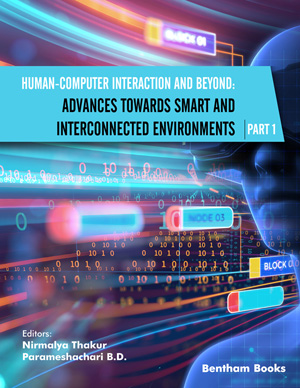Abstract
Background: The trend of new emerging technologies has impact upon teaching and learning in Higher Education Institutions. Consequently, emphasis is placed on digital pedagogy and its support to knowledge creation as described in various patents as well. Further, it seems to be essential to understand the learning theories and their contribution to learning in HEIs within this digital age.
Methods: One of the most powerful technologies is the digital game –based technology. Knowing its rapid development, this research emphasizes the importance of programming and game construction as well as the principles of digital pedagogy, required to be embedded when designing such technologies. Today’s students have grown up in a digital and internet connected world where playing computer games is a common spare time activity. Could the energy, enthusiasm and practice generated by computer games be used in programming education?
Results: This article describes and discusses the design and learning outcomes of some programming courses using the concept of learning to program by game construction. In a case study the course analyses have been combined with two literature reviews on Game Based Learning and Digital Pedagogy.
Conclusion: Findings show that the idea of students constructing knowledge from their interactions with the environment has support in the modern pedagogy that draws on the theories by Piaget and Vygotsky. Practical applications of these concepts have had successful outcomes and increased student motivation in the two described and analyzed programming courses.
Keywords: Digital pedagogy, computer games, digital game-based learning, programming education, software development.
 15
15 3
3













